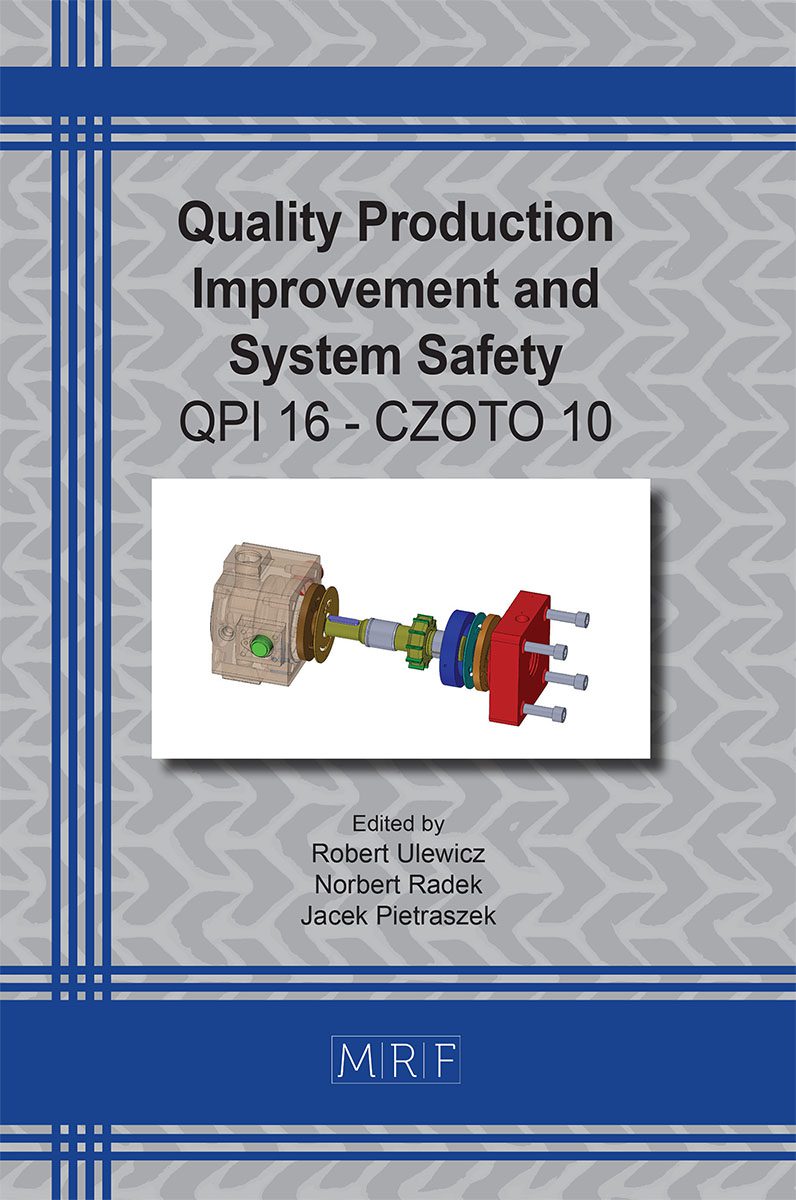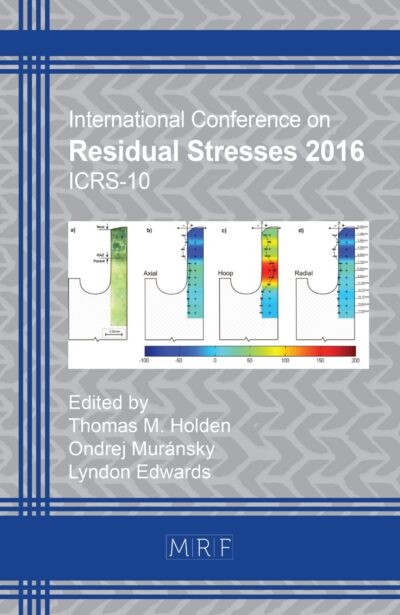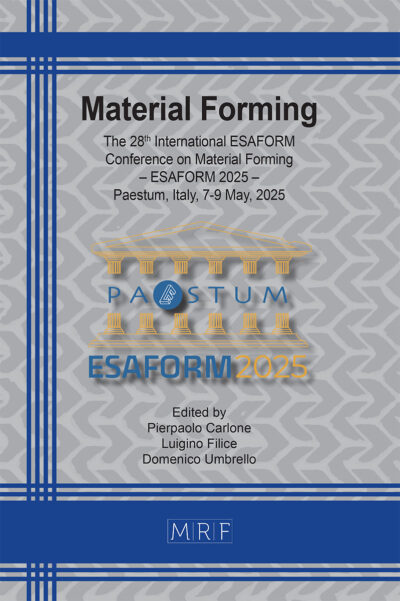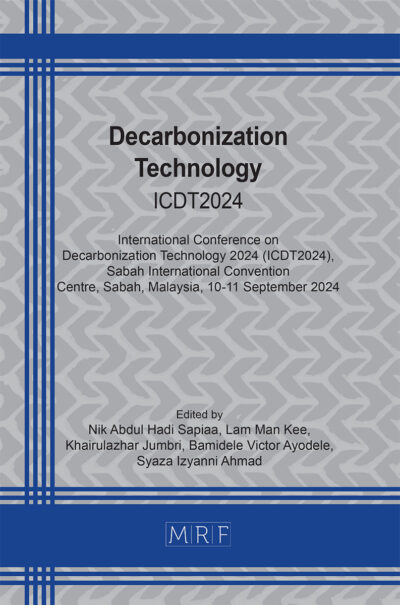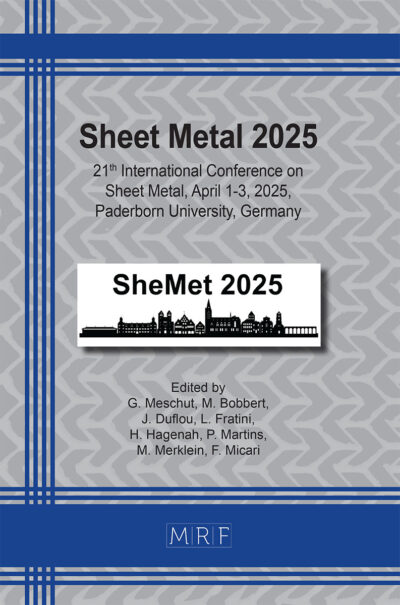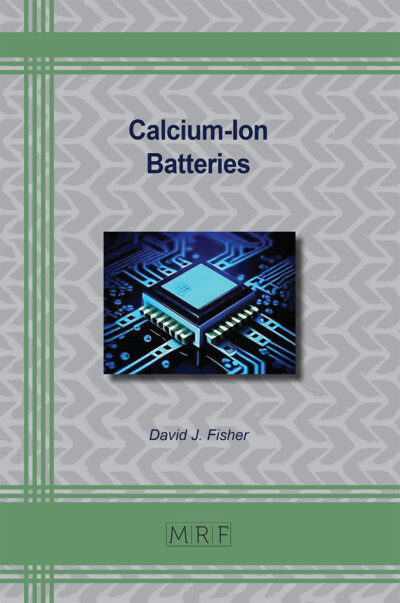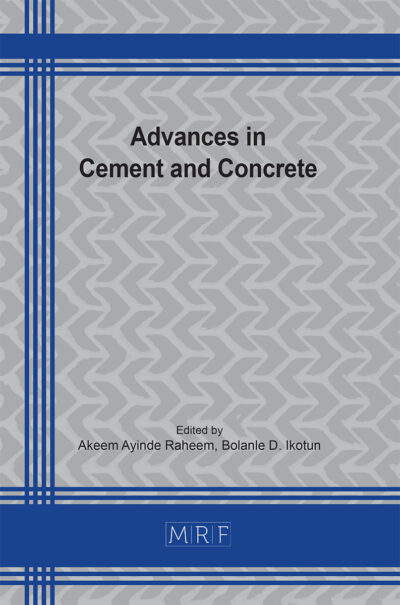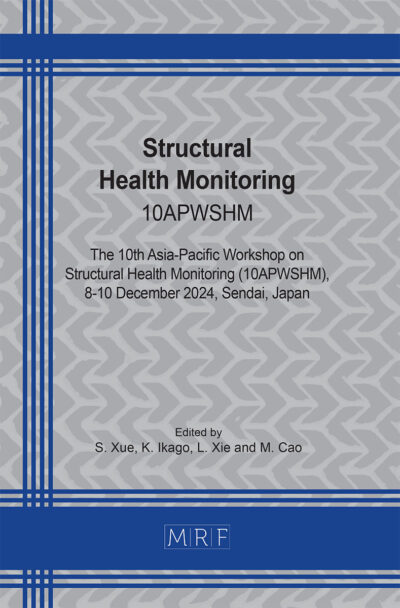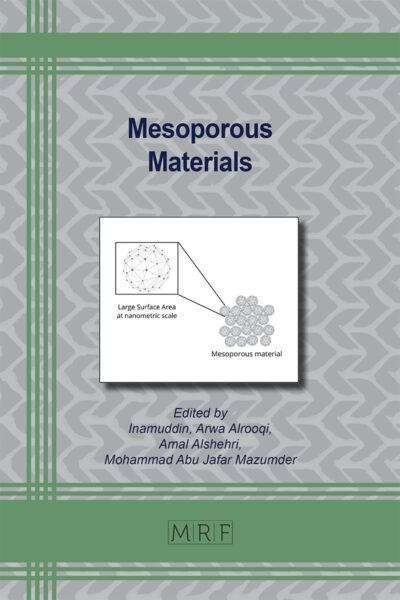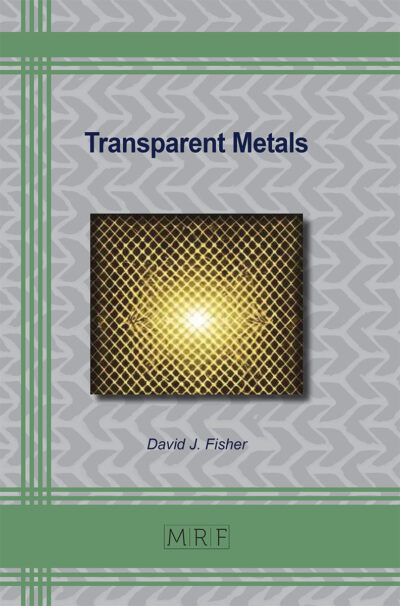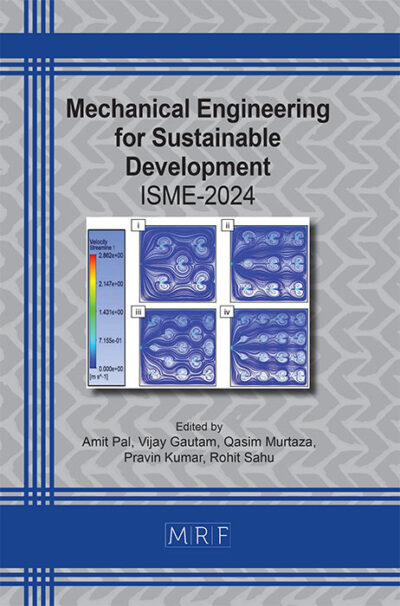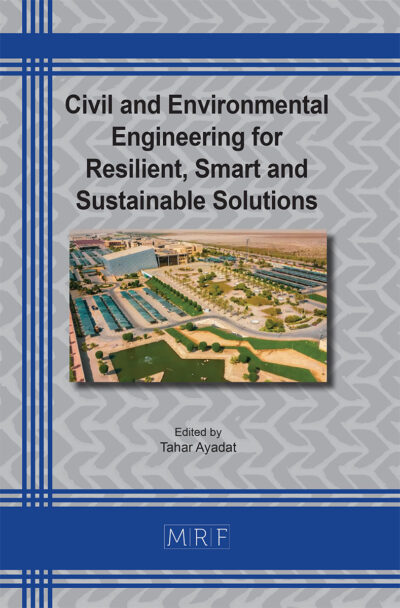Work Safety Factors in the Public Administration of the Post-Covid Period
ZADROS Katarzyna
download PDFAbstract. The article has a theoretical and practical character. It is an introduction to further research on issues related to the impact of the Covid-19 pandemic on the working conditions of employees of public administration institutions during the period of partial control of the health threat caused by the SARS-CoV-2 virus. The article presents issues related to occupational safety management in selected public administration offices and the opinions of employees employed in them on this subject. The focus was on the problems related to providing employees with safe working conditions while these institutions are recovering from the crisis related to the limited access to public services and returning to traditional forms of functioning.
Keywords
Post-Covid Period, Public Administration, Management, Safety Factors, Worker’s
Published online 9/1/2023, 9 pages
Copyright © 2023 by the author(s)
Published under license by Materials Research Forum LLC., Millersville PA, USA
Citation: ZADROS Katarzyna, Work Safety Factors in the Public Administration of the Post-Covid Period, Materials Research Proceedings, Vol. 34, pp 477-485, 2023
DOI: https://doi.org/10.21741/9781644902691-55
The article was published as article 55 of the book Quality Production Improvement and System Safety
![]() Content from this work may be used under the terms of the Creative Commons Attribution 3.0 license. Any further distribution of this work must maintain attribution to the author(s) and the title of the work, journal citation and DOI.
Content from this work may be used under the terms of the Creative Commons Attribution 3.0 license. Any further distribution of this work must maintain attribution to the author(s) and the title of the work, journal citation and DOI.
References
[1] Bezpieczeństwo i ochrona zdrowia osób pracujących w czasie epidemii Covid-19. Centralny Instytut Ochrony Pracy – Państwowy Instytut Badawczy. Warszawa 2020. [online] Viewed: 31-01-2023. Available from: https://www.pip.gov.pl/pl/f/v/222228/koronawirus-zalecenia%20ogolne%202020%2005%2019.pdf
[2] S. Jipson, V. Paul. Public administration: theory and practice. University of Calicut, Calicut 2011.
[3] H. Izdebski, M. Kulesza. Administracja publiczna. Zagadnienia ogólne. Liber, Warszawa 2004. ISBN 83-72060762
[4] M. Raczyńska, K. Krukowski. Zarządzanie w administracji publicznej. Od idealnej biurokracji do zarządzania procesowego. UJ, Kraków 2020. ISBN 978-8365688682
[5] Funkcjonowanie urzędów administracji publicznej w okresie epidemii Covid-19. No 173/2021/P/21/094/LSZ. NIK, Warszawa, 2021. [online] Viewed: 31-01-2023. Available from: https://www.nik.gov.pl/plik/id,25613,vp,28386.pdf
[6] M. Panasiuk, E. Berlińska. Praca zdalna w dobie pandemii COVID-19 – perspektywa pracownika, In: P. Walentynowicz, A. Sałek-Imińska (Eds.), Zarządzanie i rynek pracy w warunkach pandemii COVID-19, Bernardinum, Pelpin 2021, 101-112. ISBN 978-8381277600
[7] A. Jeran. Telecommuting (Telework) as a Source of Problems to Realise the Functions of Work. Opuscula Socialogica 2 (2016) 49-61.
[8] J. Szczepański, Ł. Zamęcki. Praca zdalna w administracji publicznej w czasie pandemii Covid-19 – raport z badań, Instytut Nauki o Polityce, Warszawa 2020. [online] Viewed: 31-01-2023. Available from: https://depot.ceon.pl/handle/123456789/20946
[9] J. Woźniak, D. Zimon. Application of CSI Method to Research Satisfaction of Consumer in Selected Sales Network, Modern Management Rev. 21 (2016) 219-228.
[10] J. Woźniak. Evaluation of Usefulness of SERVQUAL and CSI Methods in Context of Logistics Customer Service Research, Research on Enterprise in Modern Economy – theory and practice 2 (2017) 237-248.
[11] S. Minta, M. Cempiel. Consumer satisfaction survey of a traditional product on the example of “oscypek” cheese, Annals of the Polish Association of Agricultural and Agrobusiness Economists 19(6) (2017) 176-181.
[12] B. Olbrych. Organization of Direct Interview with Survey Questionnaire to Conduct Research into Quality of Services, Acta Universitatis Lodziensis. Folia Oeconomica 227 (2009) 137-149.
[13] Z. Allam, D.S. Jones. On the Coronavirus (COVID-19) Outbreak and the Smart City Network: Universal Data Sharing Standards Coupled with Artificial Intelligence (AI) to Benefit Urban Health Monitoring and Management. Healthcare 8 (2020) art.46. https://doi.org/10.3390/healthcare8010046
[14] S. Sooryaa Muruga Thambiran. How COVID accelerated smart city development, GCN (2020). [online] Viewed: 31-01-2023. Available from: https://gcn.com/state-local/2020/10/how-covid-accelerated-smart-city-development/315780/
[15] K. Pepłowska. Biurowość w czasach pandemii. Wpływ epidemii COVID-19 na informatyzację biurowości w jednostkach administracji samorządowej. Archeion 123 (2021) 281-309. https://doi.org/10.4467/26581264ARC.21.008.14488
[16] A. I. Syamila, G. Nurika. Health and safety practices during COVID-19: How to ensure workplace environment safety and health, J. Hum. Care 2 (2012) 253-263. https://doi.org/10.32883/hcj.v6i2.1203
[17] A. Dolot. Wpływ pandemii COVID-19 na pracę zdalną – perspektywa pracownika. E mentor 1(83) (2022). https://doi.org/10.15219/em83.1456
[18] M. Fukowska, T. Koweszko. Analiza stanu psychicznego i satysfakcji z pracy personelu medycznego w okresie pandemii COVID-19. Psychiatria 19(1) (2022) 79-88. https://doi.org/10.5603/PSYCH.a2021.0043
[19] V. Thinh-Van et al. The COVID-19 pandemic: Workplace safety management practices, job insecurity, and employees’ organizational citizenship behavior, Saf. Sci. 145 (2022) art.105027. https://doi.org/10.1016/j.ssci.2021.105527

